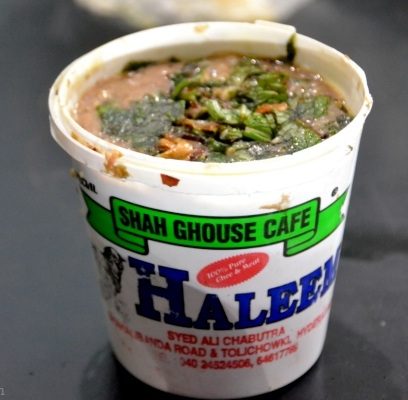
India is a diverse culture and so are the food habits. It’s a debatable topic whether India is largely vegetarian or largely non-vegetarian. There are regions where majority of the population is vegetarian and there are others which are mostly non-vegetarian. But in general, many non-vegetarian Indians will have a large number of meals that are pure vegetarian, as part of their daily diet. Very few communities will eat meat, seafood or eggs everyday. Indians are also largely starch eaters. Rice or bread are staple and are the larger part of the meal in terms of quantity. The non vegetarian part is usually an accompaniment. Few Indian communities would just eat meat without a big starch element, like rice to roti. But it is the Indian vegetarians who really stand out in terms of diversity. Here’s a compilation of the types of Indian vegetarians.
These are vegetarians who will have all kinds of dairy products, vegetables, animal products like honey. But they will not have not meat or eggs in any form.
These are vegetarians but at times will taste the gravy or curry of a non vegetarian dish. But strictly no pieces of meat.
These are the Gravy wala Vegetarians. Who on some rare occasion will cut off a small part of a chicken piece and try it. Usually with a large dose of regret after having the piece.
They are followers of the Jain religion and are pure vegetarians and also do not eat any part of the plant that grows underground. They also do not eat mushrooms, honey and many do not eat dishes containing yeast. But they have milk and dairy products.
There are many communities apart from Jains who refrain from using onion and garlic in their food. Onion and garlic are considered tamasik according to Ayurveda and there are communities, especially Brahmins who avoid using onion and garlic in their food.
These vegetarians are probably the most common type of vegetarian in India. They are pure vegetarians but are ok having egg as long as it’s in a form that’s not visible or can be identified by taste. Cakes made using eggs is the most common way for these vegetarians to occasionally have egg as part of their food.
These are vegetarians are not eggetarians who are not really fond of eating eggs and will occasionally try them, but only if the yolk is not runny and the eggs are properly hard boiled.
This is the other end of the spectrum of vegetarians who will occasionally eat eggs but only if the yolk is runny. They cannot stand the taste and texture of hard boiled eggs as it feels non-vegetarian to them. Having yolks runny or fully cooked is a personal choice and is not related to community choices or rules.
These are pure vegetarians who will have meat. seafood or eggs only on a Monday, Wednesday, Friday or Sunday. This’s usually because of religious fasts kept on different days of the week. I classified them as vegetarians and not non-vegetarians as they are vegetarians for a larger part of the week and they follow this week-on-week without any deviation.
This is an interesting kind of Indian vegetarian who will eat meat, seafood or eggs only outside of their homes. Either non vegetarian food is strictly prohibited inside their homes or not cooked at home.
These are vegetarians because of family and community pressure and usually refrain from having any non-vegetarian food in the city they live in. Usually to ensure that they are not seen by others in their community having meat or seafood and reported back to their family.
A fun vegetarian type who develop the courage to have meat or seafood after having alcohol. Without drinking, they will normally not try any sort of non-vegetarian food.
This happens to many pure vegetarians across India, especially the younger ones. Who sometimes under peer pressure or someone forcing them, will try either the gravy or a small piece of non veg.
These types of Indian vegetarians are because of religion and stop eating meat, seafood or eggs during the religious periods of Shravan, Shradh, Navratri or on important religious days.
These are largely non-vegetarians but turn vegetarian before and during their visits to important temples. They are classified as vegetarians because they do this quite frequently and is a recurring phenomenon.
Satvik is an ancient vegetarian diet according to Ayurveda. This diet avoids using not just onion and garlic in food, but also overly spicy and sour ingredients. Chilly and tomato were introduced by the Portuguese in the 1600’s and are usually not part of the Satvik diet. Reheated and microwaved food is also prohibited as part of the Satvik diet.
These are vegetarians who only eat raw fruits and vegetables. These are not traditional Indian vegetarians and are more western-inspired.
Again a more western-inspired vegetarian category. But many young Indians in urban areas are turning vegan.
A newer kind of Jain vegetarian who avoids milk and dairy products usually because they’ve become lactose intolerant.
This is a very common type of Indian vegetarian, who are advised by doctors to have meat for a limited time to build on their strength. This usually happens after going through surgery or some other medical reason.
So these are the 20 types of Indian vegetarians that I’ve been able to find. If you have a category that is missing from the above list. Please do message or email me.
Chowder-on!
Categories:
Tags:

The Irani Cafe Chair – Defining What Is An Irani Cafe

Mumbai’s Infamous Eggless Omelette

Hyderabadi Haleem – The Iconic Dish of Hyderabad